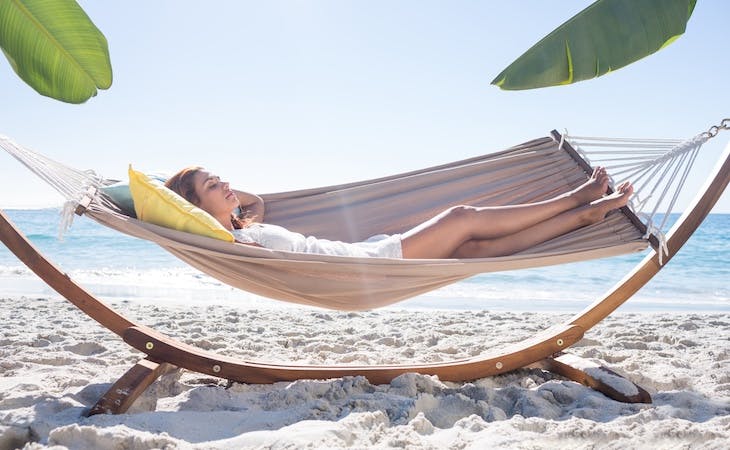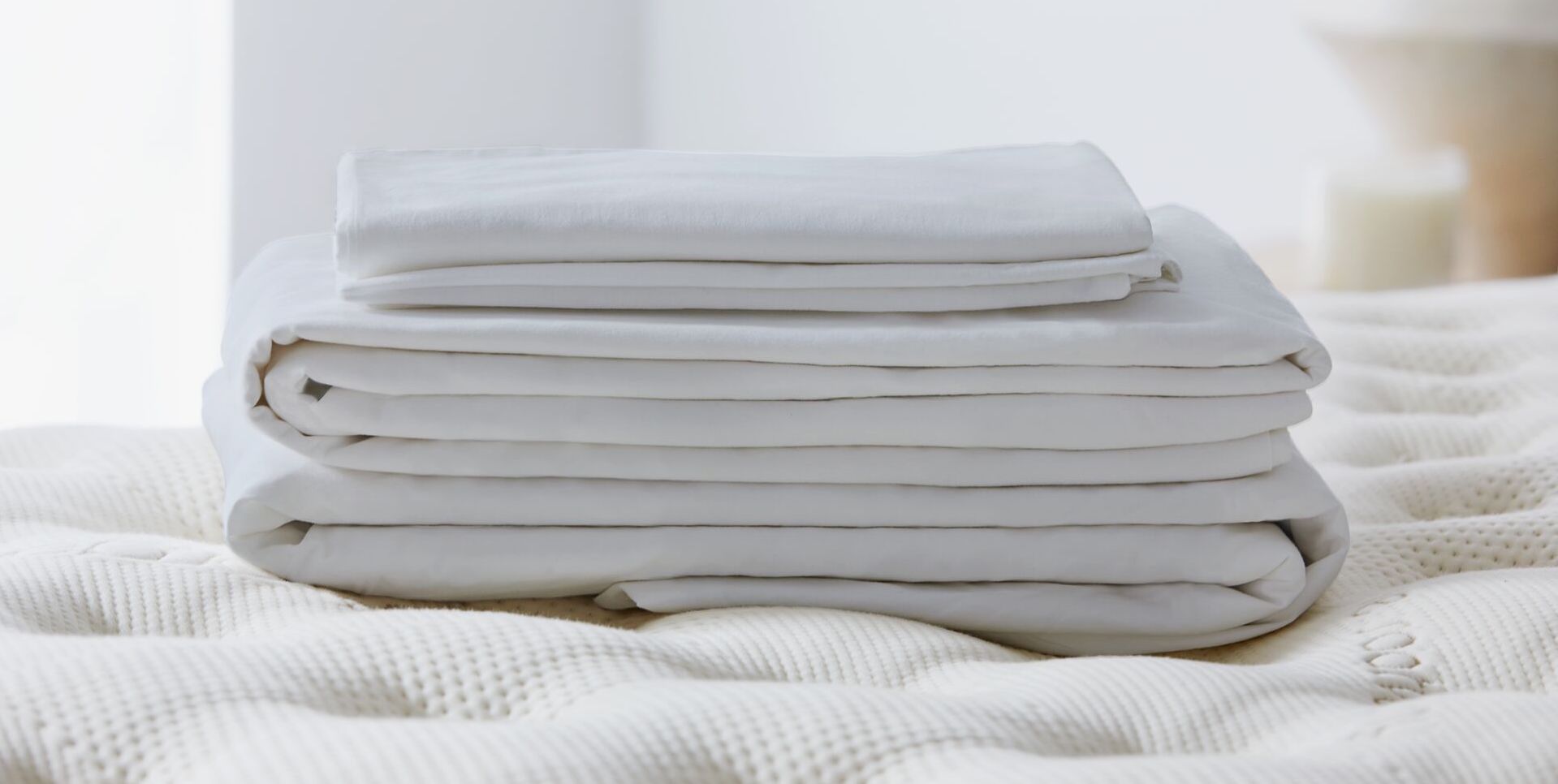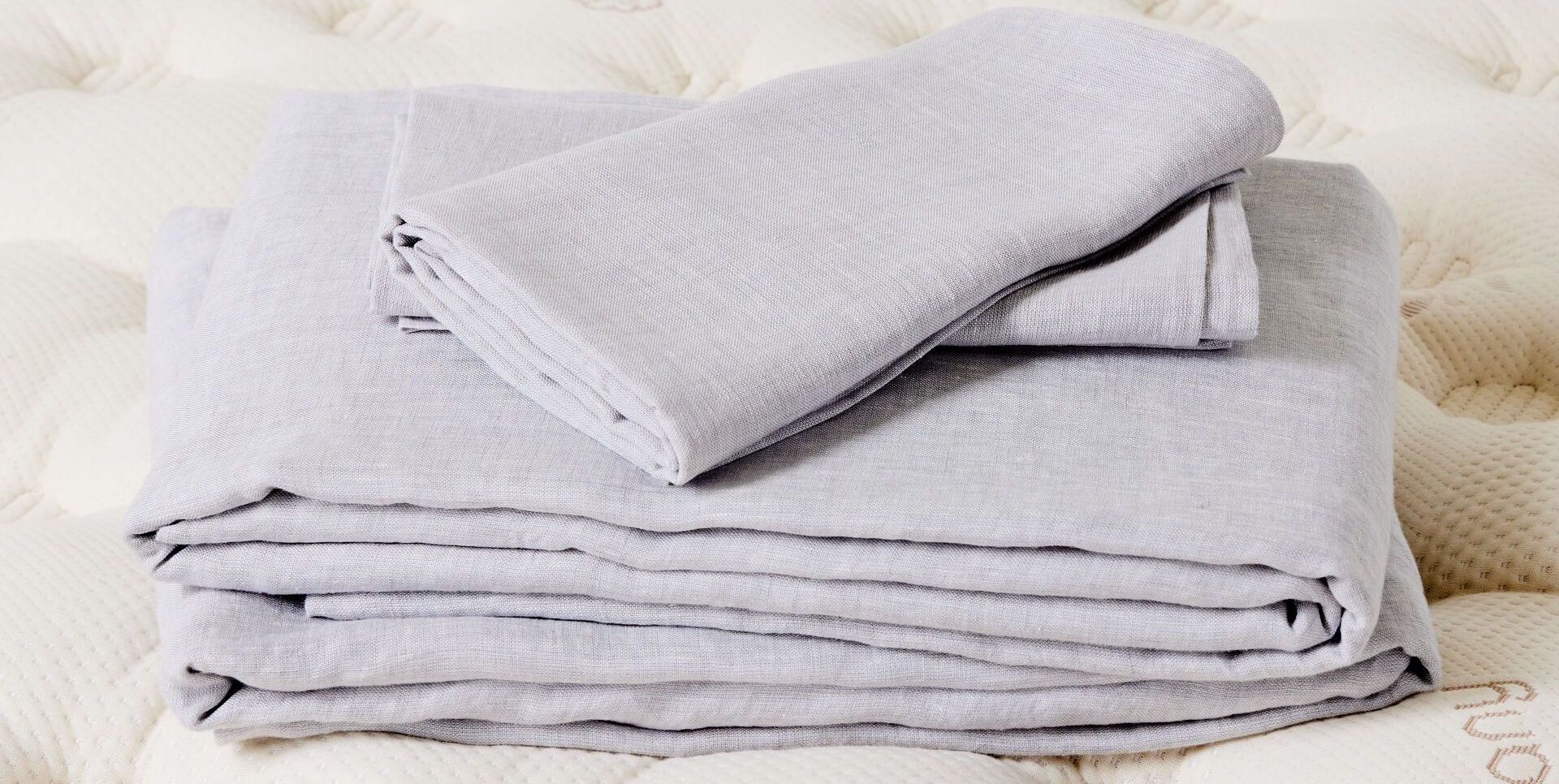Hot fun in the summertime is great and sounds great in the song. But as you reach the peak of your fun in the summer sun, it’s a good idea to pause and consider the pros and cons of all that sunshine.
On the plus side, exposure to the sun on your skin makes your body produce vitamin D, essential to the healthy functioning of your immune system, muscles, and nervous system. Conversely, too much sun can sap your energy and make you tired—or worse.
So how can the sun be good for you on one hand, yet on the other hand tire you out—and even potentially harm you? Read on to learn what science has to say on the subject. And, get tips for preventing the sun from wearing you out.
Why does the sun make you tired?
The sun can tucker you out well before your usual bedtime. Here are five reasons why.
Your body is fighting to stay cool
Your body uses a process called thermoregulation to maintain a core temperature around 98.6 degrees Fahrenheit. Like a built-in thermostat, it adjusts your body temperature according to external conditions such as fluctuations in the temperature outside.
In overly warm environments, your body has to work extra hard to maintain its inner temperature. One way it does this is by sending warm blood to the surface of your skin where the heat can evaporate. All this hard work your body is doing can make you feel super-sleepy.
You’re dehydrated
Roasting in the sun all day without drinking enough water or other fluids can leave you looking and feeling like a Thanksgiving turkey that hasn’t been basted during its time in the oven.
A study reported in the Journal of Nutrition found that even mild dehydration can alter your mood, cause headaches, and make you feel fatigued. Dehydration can also cause nausea, dizziness, or even fainting.
If you’re sweating but not replacing the lost water and sodium, you can become dehydrated. This makes your blood thicker, so it’s harder for your heart to pump and less able to carry body heat away from your core. With less oxygen and nutrients circulating in your body, you’re likely to feel lethargic.
“Fatigue can be an early warning sign of dehydration, electrolyte abnormalities, or your body temperature starting to become too elevated,” says Alaina Brinley Rajagopal, MD, PhD, emergency medicine physician in southern California who is also certified in clinical tropical medicine and travelers’ health. (She discusses heat injuries and treatments in more detail on her podcast, The Emergency Docs.)
You’re sunburned
The sun exposes you to ultraviolet (UV) rays, which can make you feel tired by raising your body temperature and causing dehydration. Too much sun exposure can also lead to sunburn, and chronic exposure to the sun can increase your risk of skin cancer.
In the sun, your skin generates melanin, the dark pigment responsible for giving you a tan. Because UV rays damage your skin, your immune system gets involved by trying to protect you against the harmful effects of sun exposure. The extra effort your immune system exerts to repair the sun damage can make you feel sleepy.
Keep in mind that sunburn is only one of the fatigue-inducing injuries the sun can cause.
“The most mild illnesses on the spectrum include heat cramps and sunburn, but more serious forms of heat illness include heat syncope (fainting), heat exhaustion, and heatstroke,” says Rajagopal.
You’re more active than usual
Warm-weather days tend to bring more people outside, whether it’s to the beach, on a sports field, out hiking, or another favorite activity. As good as exercise is for you, doing it under the sun can drain your energy.
Being active makes your body create more adenosine, a chemical that makes you tired. Research shows your muscles need more energy than usual when you exercise in the heat, and that can make you more tired.
Your body clock is changing
We’ve become accustomed to spending most of our time in artificial light indoors. That, coupled with all the time we spend staring at screens, has had the effect of making us stay alert and awake for longer. That’s because artificial light suppresses the production of melatonin, the sleep hormone, and messes with your body clock.
In the summer, you’ll likely spend more time outdoors, in natural sunlight, which can help restore your natural sleep/wake cycle. Once the sun goes down, your body will release melatonin, making you feel sleepier earlier than you would if you’d spent the day indoors under artificial light.
How to prevent sun exposure from wiping you out
Here are a few pointers for enjoying the sun while staying safe and avoiding exhaustion.
Stay hydrated
To stay hydrated you need to drink fluids. Be sure to have plenty of water and cold drinks on hand and to drink them even before you feel thirsty.
Fruits loaded with water—watermelon is a great example—are also good sources of hydrating fluids. A sports drink to replenish your electrolytes (including calcium, potassium, and magnesium), meanwhile, is your best choice if you’re going to exercise vigorously while in the sun.
Try to avoid caffeine, alcohol, sugar, and excessive salt as they can contribute to dehydration. Alcohol can be especially problematic as it not only dehydrates you but can make you forget to apply sunscreen or, worse, knock you out only to wake up with a bad sunburn.
Although we all may need different amounts of fluid intake, a sure way to gauge your hydration level is by the color of your urine. It should be light yellow or clear. The darker your urine is, the more likely you are to be dehydrated.
Avoid the sun during peak hours
The sun shines strongest between about 10 a.m. and 2 p.m. Those are the best times to stay indoors or find a nice shady spot. It’s also best to avoid strenuous activity outside during the hottest hours of the day.
Take breaks from the sun
Even if you’re determined to spend a lot of time out in the sun, you should take breaks throughout the day. This is doubly true if you’re exercising. Stop altogether if your heart is pounding or you feel flush. You don’t want to develop heatstroke.
“Above all,” says Rajagopal, “if you aren’t feeling well, get into the shade, go inside, soak up some air conditioning, drink fluids, or seek medical help.”
Protect yourself
Of course, there are times you want to be outside when the sun is at its brightest and hottest. In those cases, an ounce of prevention is worth a pound of cure.
Wearing sunscreen correctly should be a given. The American Academy of Dermatology recommends applying one ounce (a shot glass’s worth) of water-resistant, broad-spectrum (protects against both UVA and UVB rays), SPF 30+ sunscreen to all exposed areas of your body and face 15 minutes before going outside. Reapply it every two hours or after sweating or swimming.
Wearing the right clothing can also help keep you from overheating. “Light-colored, loose-fitting clothing will help you stay cool,” says Rajagopal. “Also look for sweat-wicking fabrics like those found in athletic clothing.” Add sunglasses to protect your eyes and a wide-brimmed hat and you’ll be all set.
Get enough sleep at night
Sleep deprivation can make you more vulnerable to heat-related illnesses. So aim to get a good night’s sleep before planning on strenuous activity in the sun. Breathable bedding, air conditioning, or a fan can help you sleep better on those warm summer nights.
The bottom line: Understanding how the sun affects you—including why it makes you tired—can help you support your body’s needs as you enjoy your time in the sun. “There are steps that everyone can take to spend time outdoors safely,” says Rajagopal.
Have trouble sleeping in the summer? Here are the most common summer sleep problems and how to fix them.







